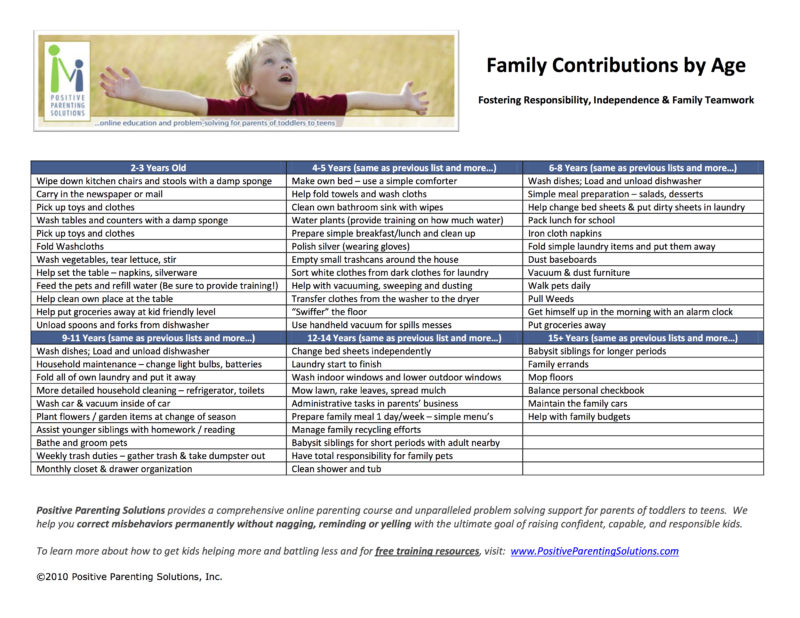Every parent hopes that their child will grow to become a self-reliant adult, but encouraging and nurturing independence in our children isn’t always as easy as it sounds. We’ve all heard the ubiquitous phrase that comes out of the mouth of almost every pre-schooler at one point or another: “I can do it by myself”. And this phrase demonstrates that they are ready to make their first step towards independence by learning to do things by themselves. As discussed in an article entitled ‘PARENTING: ‘I can do it by myself’ is preschoolers’ mantra’, this stage of a child’s development is a very exciting and empowering time. The problem is that as busy parents, we don’t always have the time (or patience!) to allow our children to perform age-appropriate tasks by themselves.
For example, our child may be in the process of learning to tie their shoelaces, and while we know that they are capable of doing it, when we’re already in a hurry and need to get them to school and ourselves to work on time, our ability to be patient is often lacking. So we may watch them fumble clumsily with their laces and come to the conclusion that it would be far less time consuming if we just do it for them. Whilst this is a completely understandable response, we aren’t doing our children any favours by intervening in this way. We know from our experience as adults that practice and repetition of a task or activity leads to competency, and competency leads to confidence. So by ‘swooping in’ and doing things for our kids that they are capable of doing themselves, we are inadvertently robbing them of the opportunity to learn essential life skills and build confidence in their own abilities.
The other issue is that we often have to overcome our own fears before being able to give our children that extra little bit of independence or responsibility. For example, it can be incredibly difficult even letting our children do the simplest of things, such as walking to the front gate alone to pick up the newspaper. As parents, it takes courage to allow our children to do something that they’ve never done before, especially if we know that they’re unlikely to get it ‘right’ first time.
But children cannot learn to be independent if we don’t give them opportunities to do things for themselves, so we need to allow them to do as much for themselves as is appropriate for their age, however hard it may be for us!
Here are our tips for nurturing independence in your children:
- Allowing children to do things for themselves (within reason!) is one of the most effective ways of encouraging and nurturing independence because you are sending your child the message that you believe that they are capable. This may involve a little bit of pre-planning and you may have to schedule in an extra 10-15mins to allow time for your kids to complete a task by themselves. But it’s worthwhile because if we show our children that we believe that they are capable, then they are more likely to adopt the same view of themselves, and their confidence and self-esteem will be strengthened as a result.
- It’s important to remember that, every childhood experience, if handled well, can become an invaluable learning experience. Allowing children to make mistakes and experience their natural consequences teaches them that it’s ok to get things wrong from time to time. And a child who is unafraid of making mistakes is far more likely to learn the skills they need to become an independent and confident adult.
- We need to enable children to understand and practice self-responsibility and being independent as much as possible so that they are better equipped to deal with life’s challenges. And giving them age-appropriate tasks and chores is one of the most effective ways to do this. By actively encouraging young children to practice and learn basic life skills (under supervision where necessary) and contribute towards the running of the house, they will feel a stronger sense of belonging and significance. Of course, it’s also important to be realistic about what our kids are and are not capable of so here are some suggestions of age appropriate tasks that your children can do from our colleagues at Positive Parenting Solutions:














































